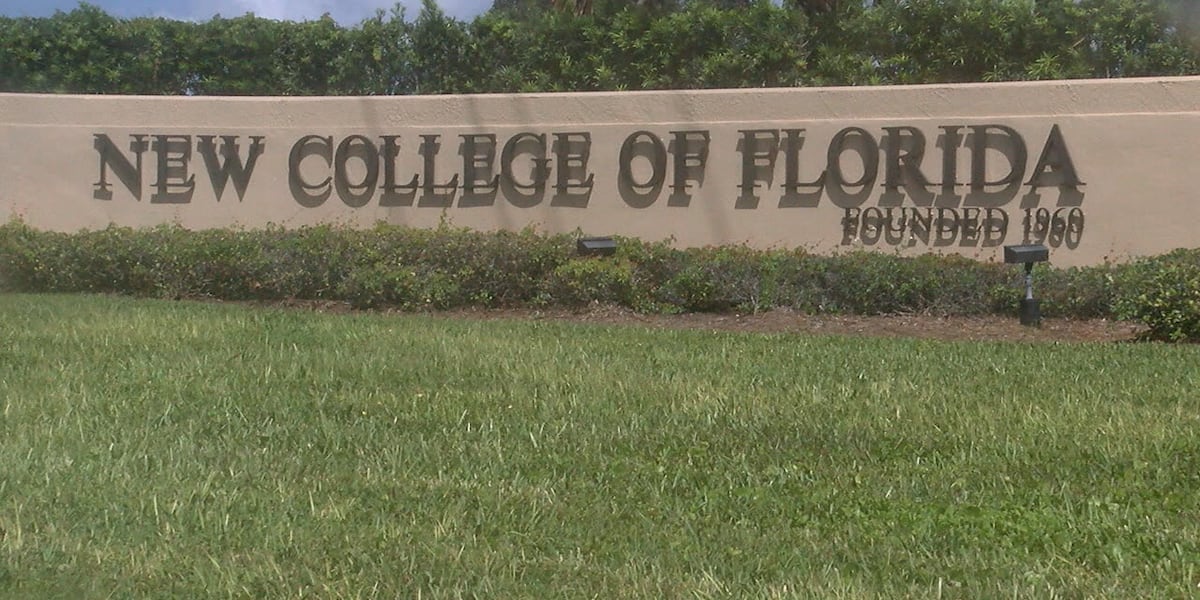SARASOTA, Fla. (WWSB) – New College of Florida appears to be the first university in the U.S. willing to sign a controversial compact touted by the Trump administration.
The document asks colleges to make commitments aligned with Trump’s political priorities in exchange for favorable access to research funding.
Among other things, the compact would bar signees from considering race or sex in hiring and admissions, and limit the number of foreign students who could attend a school.
Called the “Compact for Academic Excellence in Higher Education,” the document spells out expectations including freezing tuition for a five-year period, eliminating grade inflation and shutting down departments that “punish, belittle” or “spark violence against conservative ideas.”
Colleges that sign the compact and then fall out of compliance would be required to return any federal funding received, and to give back any private contributions to the university during the years “in which such violation occurred shall be returned to the grantor upon the request of the grantor.”
In a statement on social media, New College President Richard Corcoran said his school is already in compliance.
“New College of Florida is committed to the ideals present within this compact, and we have already been instituting them for the past two and a half years,” he said. “We would be honored to sign the Trump administration’s compact.”
In a video posted Wednesday on Facebook, Will Witt, New College’s chief social media officer, touted recent administrative actions. “We’ve already eliminated DEI, eliminated Gender Studies, eliminated Affirmative Action,” he said.
“Higher education is on the brink of collapse in this country. But New College has shown that you can fight and win against these ideas that are antithetical to what this country was founded on,” Witt said in the video.
Many other universities around the country, however, are not embracing the idea.
The White House has faced a flurry of rejections after inviting nine universities to become “initial signatories.” According to Inside Higher Ed, 11 universities have already rejected the plan, saying it threatens universities’ independence.
The American Council on Education has published a statement in opposition to the compact. “The compact is just the kind of excessive federal overreach and regulation, to the detriment of state and local input and control, that this administration says it is against,” it says.
“It would impose unprecedented litmus tests on colleges and universities as a condition for receiving ill-defined “federal benefits” related to funding and grants,” the statement said.
Among the policies in the nine-page compact is a requirement for a university to have anti-money laundering programs in place, “to prevent university services from being used to facilitate money laundering and the financing of terrorist activities.”
The compact would also put limits on foreign students, with a cap of no more than 15% of the total student body and no more than 5% from any one country.
“Universities that rely on foreign students to fund their institutions risk, among other things, potentially reducing spots available to deserving American students, and if not properly vetted, saturating the campus with noxious values such as anti-Semitism and other anti-American values, creating serious national security risks,” the compact says.
The compact lists a number of new requirements, including committing to institutional neutrality; defining “male,” “female,” “woman” and “man” according to biological processes and restricting employees from expressing political views on behalf of the institution.
The Justice Department would be tasked with enforcing the compact, the document says.
Read the compact here:
— Information from The Associated Press was used in this report.
Copyright 2025 WWSB. All rights reserved.

